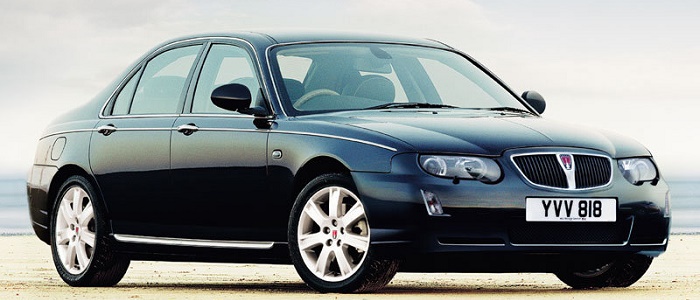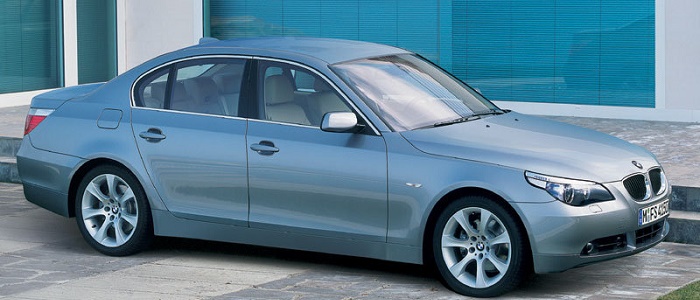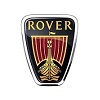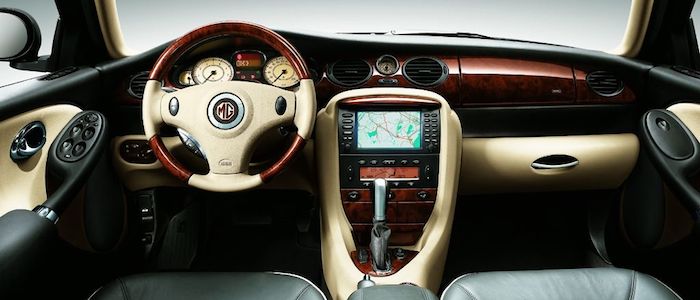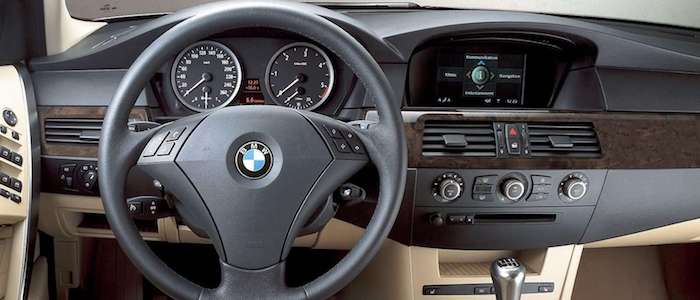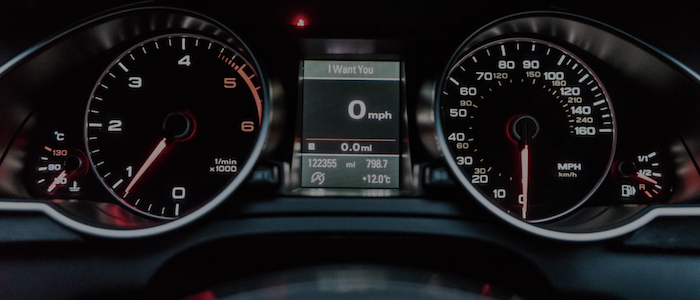Compare two cars
Compare any two cars and get our Virtual Adviser™ opinion
Dimensons & Outlines
Check a car by its VIN number
Engine
Performance (manual gearbox)
Performance (automatic gearbox)
Expenses
Virtual Adviser's™ opinion
Two significantly similar cars, no doubt about that. Still, each one has something different to offer. Having both cars powered by petrol engines and utilizing the 4-door sedan body style within the same 'Luxury car' segment, the only major difference here really is their wheel drive configuration (front for the Rover and rear in the case of the BMW). The first one has a Rover-engineered powertrain under the hood, a 6-cylinder, 24-valves 177hp unit, while the other one gets its power and torque from a 6-cylinder, 24-valves 174hp engine designed by BMW.
SafetyThe first thing to look into here would be the results from European New Car Assessment Programme (Euro NCAP) tests performed on the two cars. Good thing is that both vehicles got tested, with the same number of safety stars gained in the process. That aside, let's consider some other aspects which affect safety. Both vehicles belong to the luxury car segment, which is generally a very good thing safety-wise, still it doesn't help us solve our dilemma, does it? Furthermore, taking kerb weight as an important factor into account, the British car offers a marginal difference of 3% more metal.
ReliabilityI don't like generalizing things when it comes to reliability, although it does seem that Rover as a brand displays somewhat better results, all the models observed together. These are the results of an independent reasearch, while our visitors describe reliability of Rover with an average rating of 4.5, and models under the BMW badge with 4.1 out of 5. Some independent research have also placed 75 as average reliability-wise, and 5 Series is more or less at the same level.Above it all, drivers of cars with the same engine as the British car rank it on average as 5.0, while the one under the competitor's bonnet gets 3.0 out of 5.
Performance & Fuel economyBMW is a bit more agile, reaching 100km/h in 0.5 seconds less than its competitor. In addition to that it accelerates all the way to 230 kilometers per hour, 15km/h more than the other car. When it comes to fuel economy the winner has to be the German car, averaging around 9 liters of fuel per 100 kilometers (31 mpg), in combined cycle. We can't ignore that 17% difference compared to the British car.
Verdict
Rover is apparently more reliable, not too much, but just enough. The most important thing when deciding between any two vehicles should always be safety, both passive and active. In my opinion, everything taken into account, the British car offers slightly better overall protection and takes the lead. From there things take a different direction, with BMW outracing its opponent in any situation possible, making it better choice for boy racers. To make things even better, it consumps less fuel! It's not difficult to say then that if I'd need to make a choice, it would definitely be the BMW. In any case that's my personal view, built upon all the data available to me. What should decide here though is the way you feel about the two vehicles, and I hope you'll find my guidelines useful in the process. In case you have two minutes to spare I invite you to define your needs, desires and budget and see which car would be chosen by the virtual adviser™, out of 12.000+ vehicles we currently have in our database.
Related articles
Mileage fraud is one of the most common scams within the used car market. It illegally inflates the price of a used vehicle and ruins the car ownership experience. As a recent carVertical study revealed, the buyers of premium German cars are at the greatest risk...























